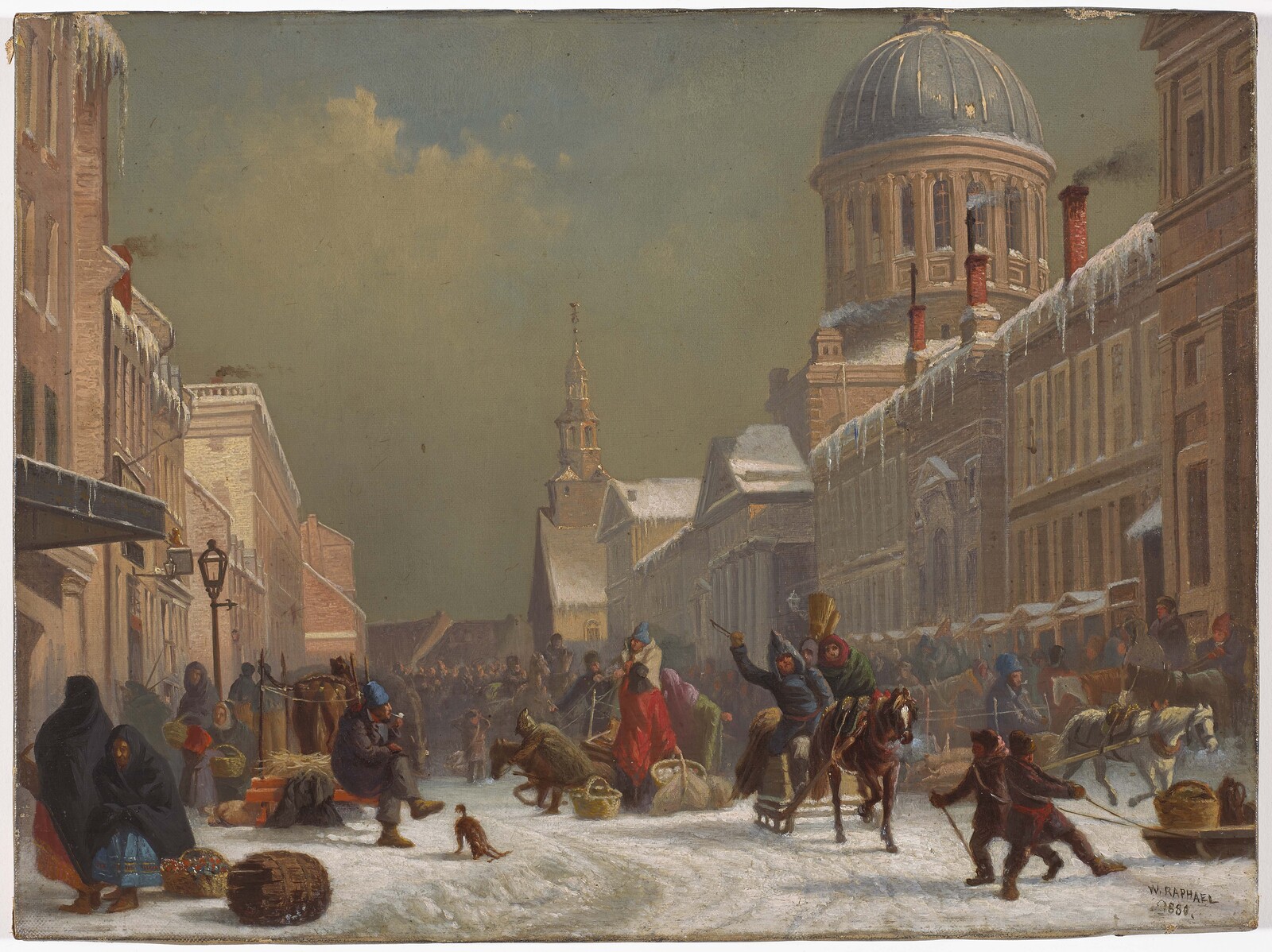After many years of planning and nine months of construction, the National Gallery of Canada (NGC), officially opened the new Canadian and Indigenous Galleries. It is the first major gallery transformation at the NGC since the building’s inauguration in 1988. Internationally renowned museum design firm Studio Adrien Gardère reconfigured the galleries to create spacious rooms that are ideally suited to present close to 800 works of art from the NGC’s collections of Canadian and Indigenous art, and photographs, alongside loans of historical Indigenous sculptures and objects by Inuit, Métis, and First Nation artists.
“We worked closely with partner institutions and Indigenous communities to create a meaningful display, representative of Canada’s unique diversity and heritage,” said National Gallery of Canada Director and CEO, Marc Mayer.
The Canadian and Indigenous Galleries are home to a new presentation titled Canadian and Indigenous Art: From Time Immemorial to 1967 featuring some of the best examples of art made in Canada over the past ten centuries. The works are largely arranged chronologically, beginning with ancient Indigenous art objects and examples of the religious art of New France, and ending with modern Inuit sculptures and geometric abstract paintings. Visitors will not only reacquaint themselves with popular favourites by James W. Morrice, Tom Thomson, Daphne Odjig, and Joyce Wieland, among others, but also discover recent acquisitions. Inuit sculptures and works on paper, which until recently were on view in a separate gallery, are now fully included and on display.
The National Gallery borrowed 95 historical Indigenous artworks from museums and private collectors in Canada and abroad, including the Bata Shoe Museum, Chief James Hart—of the Haida Nation, the Kitigan Zibi Anishinabeg Cultural Centre, and the National Museum of Natural History in Washington, D.C.
A new partnership with the Canadian Museum of History has enabled the Gallery to augment the story with no fewer than forty loans including a remarkable North-West Coast Raven Sun Transformation Mask by Marven G. Tallio. 36 additional Canadian artworks were borrowed from Library and Archives Canada, the Musée des Ursulines de Québec, the Canadian War Museum, and private lenders. Among those loans, the Altar frontal of the Immaculate Conception, 1686-1717, an embroidery by Ursuline nun Marie Lemaire des Anges, is on display for the first time outside Québec City.
Canadian and Indigenous Art: From Time Immemorial to 1967 is organized by National Gallery of Canada Senior Curator of Canadian Art, Katerina Atanassova; Associate Curator of Indigenous Art, Christine Lalonde; Canadian Photography Institute Associate Curator of Photographs, Andrea Kunard; Associate Curator of Early Canadian Art, René Villeneuve; and Associate Curator of Canadian Art, Adam Welch, with the support of Curatorial Assistant of Canadian Art, Danuta Sierhuis and Curatorial Assistant in Indigenous Art, Heather Campbell.
As part of the planning process for the new Canadian and Indigenous Galleries, the Gallery established two Indigenous Advisory Committees of curators, academics, knowledge-keepers and other recognized authorities to provide expertise and guidance on interpretation, display protocols and community engagement.
The story of art made in Canada continues in the Contemporary art galleries with Canadian and Indigenous Art: 1968 to Present, and in the Canadian Photography Institute galleries, with Photography in Canada, 1960-2000. Together, with Canadian and Indigenous Art: From Time Immemorial to 1967, they constitute the Gallery’s summer offering Our Masterpieces, Our Stories, which features the largest collection of Canadian and Indigenous Art ever presented at the National Gallery of Canada.
For more information, visit gallery.ca and follow us on Twitter @NatGalleryCan



